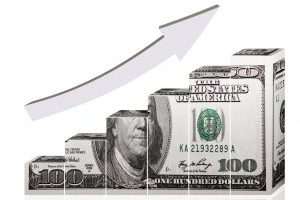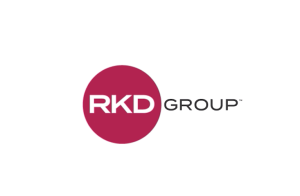Contributions to the National Philanthropic Trust shot up to $1.7 billion in 2016, a 72-percent increase from 2015. The spike was likely a result of favorable market conditions and concern over potential future changes in tax policy, according to Eileen R. Heisman, president and CEO of the Jenkintown, Pa.-headquartered donor-advised fund.
Heisman described the $1 billion breakthrough as a confluence of a number of drivers. For one, market values across industries were high in 2016, climbing up after the November election in particular. Secondly, though the economic recovery has been uneven, high-net-worth and ultra-high-net-worth individuals, who are generally the most likely to have a donor-advised fund, have seen their wealth increase.
Finally, policy rumors of a potential cap on charitable deductions likely nudged donors toward giving more now as opposed to waiting, Heisman said. Detailed tax policy has yet to be shared by President Donald Trump’s administration, but there have been rumors about capping individual contributions at $100,000 and couples at $200,000, as previously reported in The NonProfit Times. In such cases, if somebody planned on giving $1 million to charity, they might be inclined to frontload such giving now while there is still a tax benefit, Heisman said.
“It’s absolutely a way to look aggressively at what they want to do and when they have a deadline like this and they don’t want to make a decision [about which causes to support]. It buys them some time,” Heisman said of donor-advised funds.
Despite the increased amount of contributions, number of accounts (up 20.7 percent to 5,154) and total grants (up 10 percent to 27,760), the dollar value of grants by National Philanthropic Trust-managed funds decreased by about $50 million as compared to 2015 — $643.7 million to $593 million, almost 8 percent. One way of interpreting the data is to believe that donors rushed to front-load contributions, but are keeping a more regular pace in distributing those dollars. Another, according to Heisman, is that grants almost always lag behind contributions and that a large spike in grant payouts can be expected in the next 10 to 15 months.
All of the major donor-advised funds recently reported large payouts. Fidelity Charitable reported a record $3.5 billion in distributions on behalf of donors last year, a 15-percent increase compared to 2015. Schwab Charitable facilitated more than $1.5 billion in grants to charities in 2016, a 41-percent increase from the previous year. Vanguard Charitable reported distributing $686 million after a record $717 million in the previous year but the number of grants recommended grew 13 percent.
Also to take place in the short-term is the National Philanthropic Trust being more aggressive on Capitol Hill. A public affairs consultant with experience in the U.S. Department of the Treasury has been hired, according to Heisman, with an eye on educating Congress about donor-advised funds and the money that is being brought in to various legislative districts. It is the first time in its 20-year history that the organization is engaging in such advocacy, Heisman said, adding that the fund is also working with peers to create a larger voice.
“I think it would affect charitable giving in a large, large way,” Heisman said of a deductions cap. “I hope it won’t get a lot of traction, but you don’t know until it happens. We’re really concerned about capping the deductions, but so is every charity in the sector, donor-advised or not.”
Should tax reform, such as capping charitable deductions, move forward, the potential effects are unclear, she said, as there is no similar past event with which to compare it. Major gifts, to donor-advised funds, institutions of higher education and hospitals alike, could all be adversely impacted as the financial advisers of those most likely to give transformational gifts make their clients aware of the tax implications of gifts above the theoretical cap. “
“The real story about this is, if the government is not going to be picking up these services and you’re cutting back [on charitable deductions], then the most vulnerable people in the country could be the ones affected and they don’t really have a voice,” Heisman said. “It’s highly unfortunate and I hope it doesn’t happen.”








